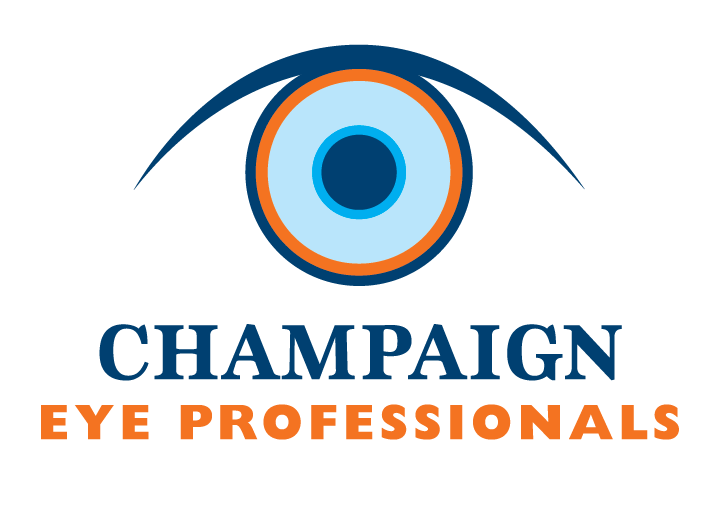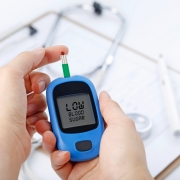How Diabetes Impacts Eyesight
If you have diabetes or pre-diabetes, it’s important to let your Champaign, IL, eye doctor know. Diabetes in all its forms can negatively impact your eyesight in ways that may not be immediately obvious to you. In particular, diabetic retinopathy is a complication of diabetes that endangers your eyesight. Here are some of the ways that diabetes affects your ability to see:
Damage to Blood Vessels
In diabetes, high levels of blood sugar weaken blood vessels throughout the body, including in the eyes. It can damage the delicate blood vessels in the retina, leading to fluid and blood leaks in the retina itself.
Formation of New Blood Vessels
When damage to the retina’s blood vessels occurs, the body’s natural response is often to form new blood vessels. These new blood vessels are typically even more delicate and weak and can bleed in the gel-like substance that is inside the eye, called the vitreous.
Swelling of the Macula
The macula is a tissue-thin part of the eye located at the back of the eye that’s responsible for central vision. Diabetes frequently causes swelling of the macular, which causes impairment of central vision. There’s also a heightened risk of blindness when this occurs.
Risk of Permanent Vision Loss
Diabetic retinopathy carries with it a higher risk of permanent loss of vision. Certain changes in the eyes are irreversible, which is another reason why it’s essential to have frequent eye exams.
If you have been diagnosed with diabetes or pre-diabetes, be sure to let your optometrist know at your next Champaign, IL, eye exam. Knowing that you have this dangerous underlying condition will help your eye doctor to be especially on the lookout for any signs of vision endangerment. Contact us today to book your next eye exam or to learn more about diabetes and vision loss.





